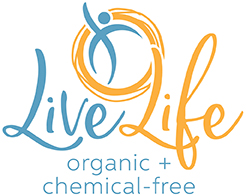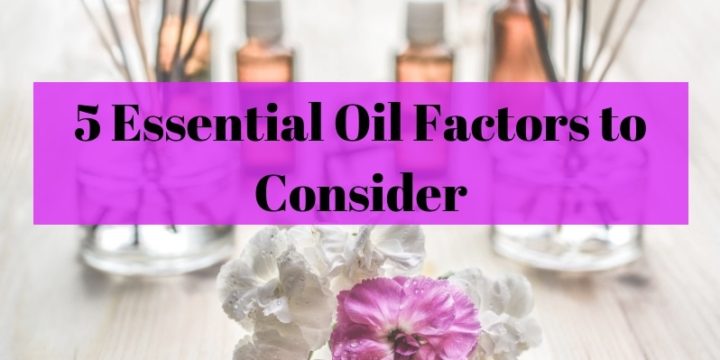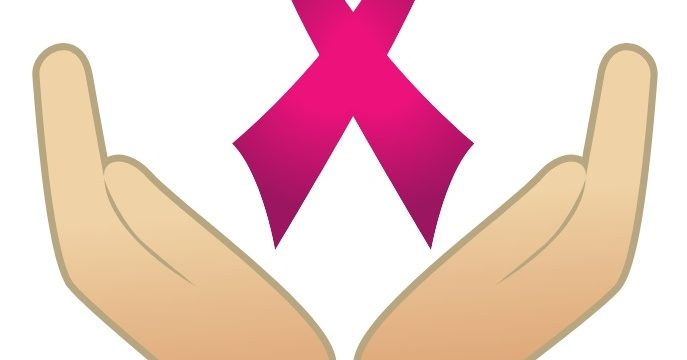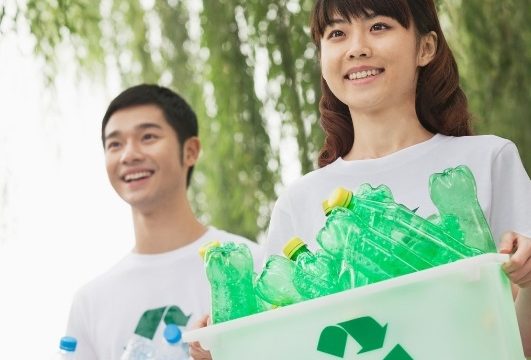What are Phthalates?
Phthalates are used to make plastics more flexible and resilient. They’re often called “plasticizers.” Phthalates are also found in vinyl. These chemicals are released from products easily. How can they get into our bodies? Eating: Leaching into food and beverages from plastic packaging or storage containers. Chewing on soft plastic (toys for children, etc) Breathing: Dust particles Vapors Skin: touching products made with phthalates using products made with phthalates (e.g. cosmetics, etc) How might they contribute to health conditions? Phthalates are found in nearly every U.S. person that has been tested. In addition, they’ve been found in breast milk, umbilical cord blood and amniotic fluid. Phthalates pass through the body quickly through urine vs. being stored in fat cells. However, that doesn’t mean they’re “safe.” Their chemical structure is similar…





